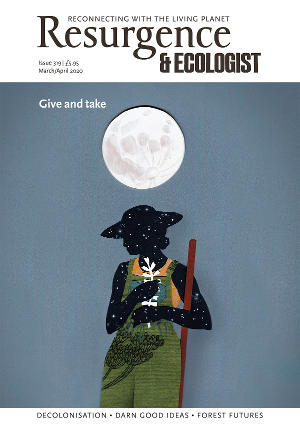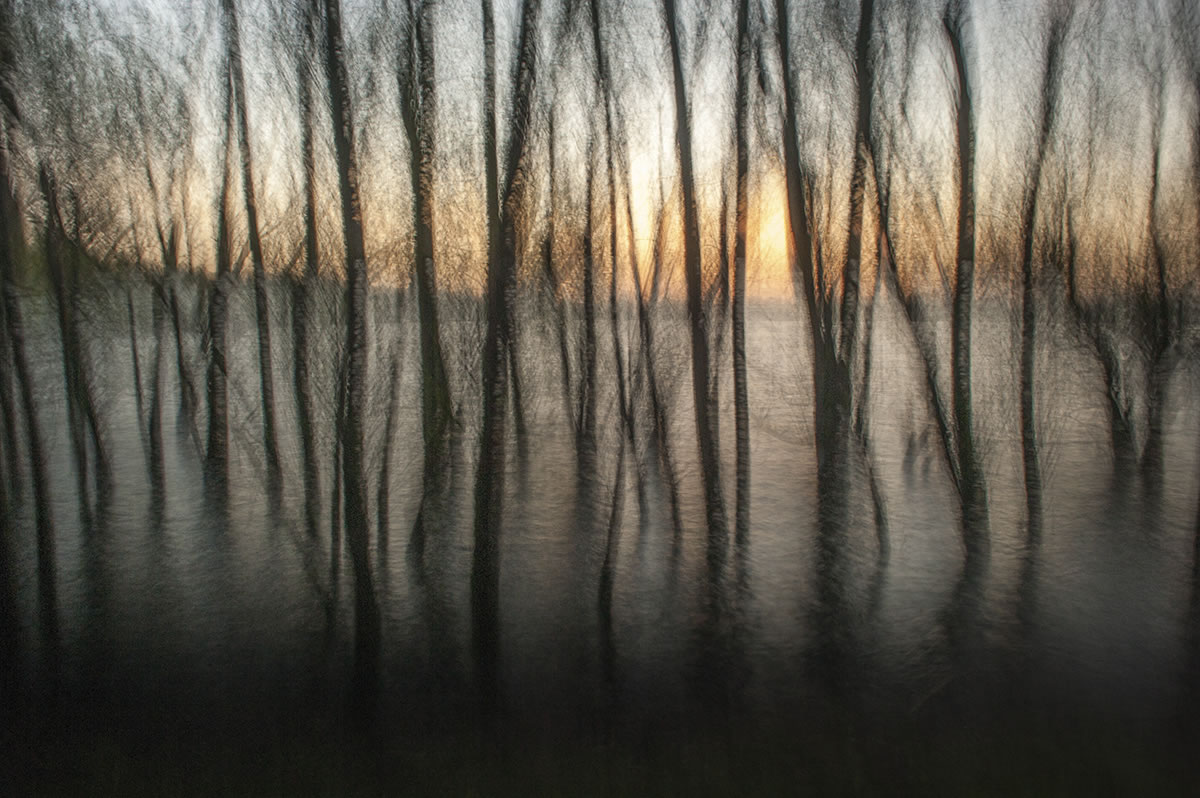The first time I came across ‘Wild Geese’, I was so moved by it that I wrote the poem out immediately and have kept a copy of it close at hand for the past 20 years. I had no idea then how well-loved it was until I watched a video clip from a Mary Oliver reading a few years ago, in which she said with a smile that she was going to read it next, as “people get kind of mad when I don’t.” That poem with its open-ended invitation from the geese to take our place, whoever we are, in “the family of things”, is one of the countless gifts she left us when she died last year.
Oliver found her place, her joy and solace out of doors in the woods, down by the water’s edge at the ponds or on the shore and, in her books, “I did not think of language as the means to self-description,” she wrote. “I thought of it as the door – a thousand opening doors! – past myself.” Both Nature and literature delighted her and deepened the reverence expressed at the heart of her poems with luminous clarity, exuberance and meditative silence. We could find her in a quiet moment dipping her cupped hands into Blackwater Pond to drink, or rushing out into the world to smell, touch and taste the dawn, or as she did in ‘Something’, hurrying home to identify the egg case she found on the shore, “like popcorn stuck to itself”. Content to find it illustrated and named as whelk, she observed, “sometimes I am that madcap person clapping and singing; / and sometimes I am that quiet person down on my knees.”
The world, she showed us, is full of mystery and wonder. Look! She prompted us again and again to open our eyes, our arms, and listen! She asked questions ceaselessly and, devoting a whole poem to that subject, encouraged us to do the same – to be curious, whimsical and above all, learn how to love and pay attention to the world. Through her own attention to the natural world around her home in Provincetown, Massachusetts – to the lilies, deer, hermit crab and grasshopper – she found the sacred and her own form of prayer: “There is the heaven we enter / through institutional grace”, she reflected in ‘Yellow’, “and there are the yellow finches bathing and singing / in the lowly puddle”.
Fascinated by the cycle of life, death and renewal, she reminded us in ‘Skunk Cabbage’: “What blazes the trail is not necessarily pretty.” The white and pink flowers in ‘Peonies’ are “beauty the brave, the exemplary” – yes, but they are wild and perfect just for a moment before they are “nothing, forever”, riddled with black ants “boring their deep and mysterious holes / into the curls”. Her acceptance of all life as transient brought the consolation that pain and suffering would also pass, and that joy could be found even in singular moments, in the smallest, simplest things – just as the little bird in ‘The Wren from Carolina’ delivered “cantering praise” for “his small cup of life”, a “cup of gladness” the poet shared.
If ever there was a time to let the “thousand opening doors” of Oliver’s words bring some of that light into our lives, it is now. Given the scale of our current political and environmental crises, it is not surprising we can be disheartened and lose sight of joy. And yet, joy can give us the strength we need. Perhaps it is time we took delight more seriously, inspired by Mary Oliver’s wisdom. In ‘Snow Geese’, while watching a flock “winging it” overhead, their plumage turning golden in the sunlight, she held her breath, “as we do sometimes / to stop time / when something wonderful / has touched us / as with a match / which is lit, and bright, / but does not hurt / in the common way, / but delightfully, / as if delight / were the most serious thing / you ever felt”.







